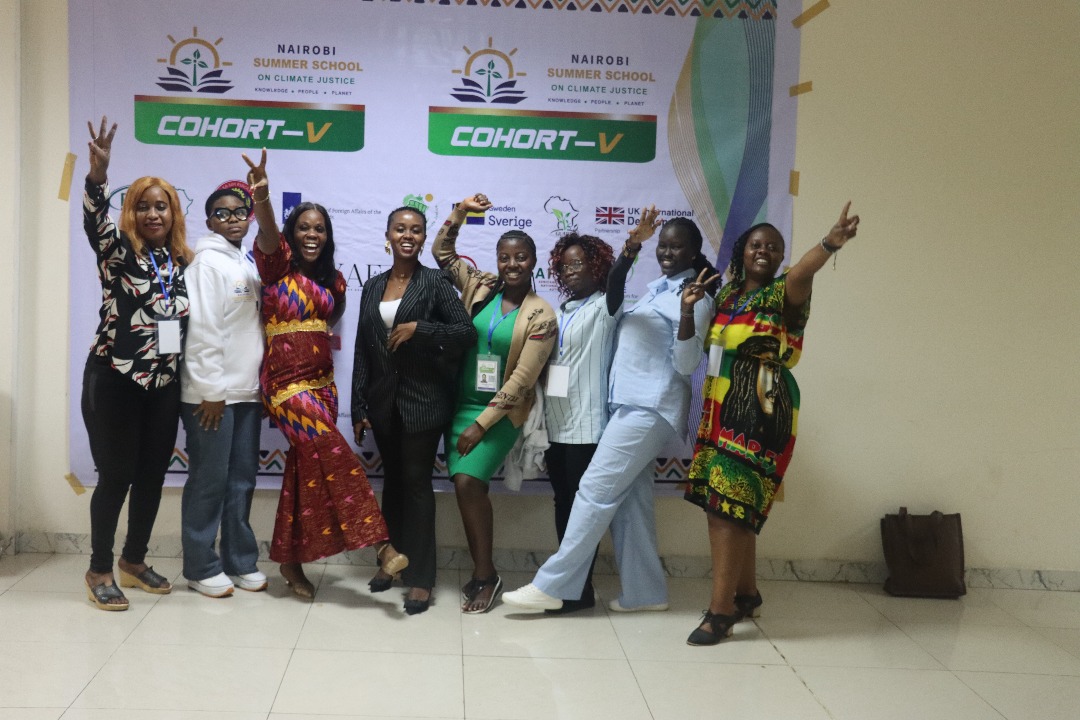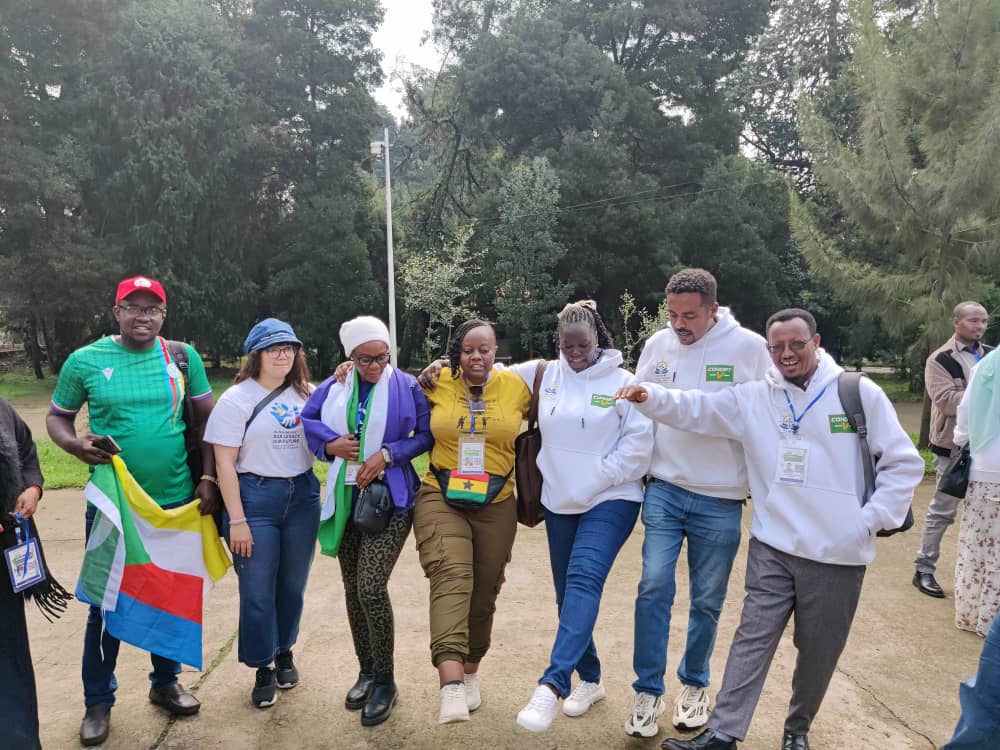
Building Feminist Power for Climate Justice: Reflections from the Nairobi Summer School on Climate Justice
When we talk about climate justice, we are not just talking about rising temperatures or erratic rainfall; we are talking about power, equity, and justice. For African women and girls, the climate crisis is not an abstract policy debate; it is lived daily in the form of droughts, displacement, hunger, and the burden of unpaid care work. And yet, within this struggle, we find resilience, innovation, and leadership. It is this spirit that FEMNET continues to nurture most recently through our sponsorship of 13 grassroots activists and young feminist leaders to the 5th Cohort of the Nairobi Summer School on Climate Justice (NSSCJ), under the African Activists for Climate Justice (AACJ) project.
At FEMNET, we believe that climate justice is gender justice. The reflections shared by participants from across Africa reaffirmed the urgent need to place women, youth, and marginalized groups at the heart of the climate movement. Their stories are powerful testaments that advocacy is not just built in conference rooms; it is shaped in the fields, villages, and communities where women lead adaptation efforts, mobilize for clean energy, and care for families amid climate crises.

NSSCJ 5 participants during an excursion in the outskirts of Addis Ababa, Ethiopia.
The Nairobi Summer School offered more than just a platform for knowledge sharing; it was a space of awakening and solidarity. Participants spoke of being inspired, provoked, and deeply transformed. They explored the intersection of gender, health, energy, and climate finance, and walked away with renewed purpose: to integrate feminist principles into climate action and storytelling. From Malawi to Somaliland, Nigeria to Cameroon, their journeys echoed a common truth: our movements are stronger when grounded in collective action and lived experience.
Movement building is the backbone of feminist climate justice. It is through solidarity that we dismantle systems of oppression and create alternative futures rooted in care and accountability. As participants emphasized, storytelling plays a crucial role in this process. Stories humanize the data, connect struggles across borders, and ignite the imagination of what a just, sustainable Africa could look like. For many, NSSCJ was a turning point, a reminder that the climate struggle is not just about survival, but about reclaiming agency, dignity, and power.
As FEMNET, our commitment remains steadfast: to amplify the voices of African women and girls, strengthen feminist leadership, and support community-led advocacy that challenges exclusionary systems. We will continue to invest in spaces like the Nairobi Summer School, where knowledge meets activism, and where young people redefine what justice means for their generation.
Climate justice cannot be achieved in isolation; it requires movements that are bold, inclusive, and unapologetically feminist. The reflections from NSSCJ Cohort 5 remind us that change begins when voices from the margins rise in unison to demand accountability, equality, and a future where both people and the planet thrive.
Here is a reflection summary of our NSSCJ 5 Participants. Have a nice read!
